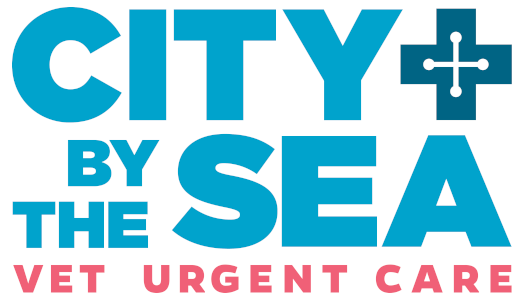Learning More about dog cardiology and cardiovascular conditions
What does dog cardiology entail?
That is when they diagnose and treat any kind of heart and sometimes lung conditions.
What is a dog cardiologist, and how can my dog see one?
Most of them are at emergency and referral centers. You have to call up and make an appointment.
What are the most common cardiovascular conditions you see in dogs?
Usually, we see congestive heart failure, heart murmurs, and pericardial disease. There are certain breeds that are at higher risk for cardiovascular disease.
Are certain dog breeds more at risk for heart-related conditions?
Most commonly, we see Cavalier King Charles Spaniels for heart murmurs and mitral valve disease. And in terms of bigger breed dogs, we see dilated cardiomyopathy in Dobermans.
How soon should I bring my dog in to see a veterinarian if I suspect that they may have heart disease?
It really depends on what's going on. If they're having any collapsing, difficulty breathing, I would have them see a cardiologist right away.
Can a dog have a heart attack?
Yes, but it's very rare. It can happen, especially if there's exercise intolerance, trouble breathing, or occasional collapsing.
Can a dog live a normal life with heart disease?
Yes, they absolutely can.
What is congestive heart failure and how does it affect dogs?
Congestive heart failure is when the heart cannot pump blood effectively to the rest of the body. So in turn, the fluid will build up in the lungs, in the abdomen, or around the lungs. It really depends on the condition.
What role does diet play in managing heart disease in dogs?
Most commonly, we see dogs with grain-free diets develop heart disease, such as dilated cardiomyopathy. So it is important to get those dogs back on a regular diet.
What are common signs of heart disease in dogs?
Common signs include collapsing, coughing, trouble breathing, and sometimes muscle wasting.
How will a veterinarian go about diagnosing dog heart disease and other cardiovascular conditions?
Diagnosis of heart disease in a dog usually begins by auscultation. We can listen to the heart and sometimes tell if there's an abnormal rhythm or a murmur. Then we proceed to do chest X-rays, possibly an ECG, or refer you to a cardiologist, where they would do an echocardiogram, which is an ultrasound.
What is the treatment for a dog with congestive heart failure?
Sometimes oxygen is needed, medication to get the extra fluid off the lungs or from the abdomen or the chest cavity, something to help with heart pumping better, and sometimes a medication to help decrease the blood pressure.
How long can a dog live with congestive heart failure?
It really ranges. It can be anywhere from 6 months to one and a half to two years.
Are there any preventative measures to help avoid cardiovascular disease in dogs?
Yes, early detection and monitoring. Making sure your dog is not on a grain-free diet is one measure.
What advice do you have for owners to help with a dog in congestive heart failure?
Ultimately, just try to stay calm and have him or her seen by a veterinarian.
Do medications for heart disease in dogs have any potential side effects?
Yes, some diuretics will cause increased thirst and urination, which can also, in turn, affect the kidneys. Occasionally, we do see some GI upset with other cardiac medications.
How often should your dog be seen by a veterinarian if your dog has a heart condition?
If your dog has heart disease, it really depends on the level of heart disease, but I would say at least once a year.
Does exercise benefit a dog with heart disease?
I would probably avoid excessive exercise and try to keep them rested because sometimes they can have collapse episodes from the exercise.
What are the long-term needs for dogs with heart disease?
Usually, long-term medications as well as frequent rechecks with the cardiologist or your general practice doctor.
If you have questions about heart disease in dogs or any other cardiovascular conditions, we would love to answer them for you. Please give us a call at the office at (848) 217-5000, or you can email us at [email protected]. Our staff would love to talk with you!


